Block Billing Challenge
The issue of block billing is something law firms and clients have to deal with regularly. Clients are frustrated when deciphering a blocked bill narrative and have imposed billing guidelines to counteract the challenge. Law firms need a means by which to unbundle a block bill narrative to gain insights for pricing and legal process management purposes. Some of our clients have run into block bill narratives on the extreme side and bordering on the unethical. It's a real challenge for both sides.
We've encountered instances of block billing where the narratives are paragraphs long with hundreds or even thousands of words long. Our technology has identified block bills where 24+ hours have been charged to a single block billed line item.
The California Bar Association explains block billing as:
"Block billing is the practice of assigning one time charge to multiple separate tasks. An
extreme example would be a fee bill mailed to a client at the end of the case with a single entry for 200 hours for “work on case” without identifying, among other things, the various individual tasks performed, who performed them, and when. A more subtle example would be a 3.6 hour charge for 'review client’s e-mail, retrieve file, call with DR re same, and prepare/send reply.'"
Recently, we made some improvements to the core technology (Legal Spend Analyzer) where block narratives are intelligently parsed out from paragraphs into separate line items. For example, if the narrative below is identified as a block bill then each sentence can be parsed out for further analysis:
"Spoke with client about updated documents. Draft, review, and exchange emails to colleagues about documentation. Research motion. Update J. Smith on patent reports regarding same."
After the system identifies it as a block bill it reads the narrative as 4 separate line items and analyzes each on its own:
In one instance, our technology parsed a 2000 character blocked billed invoice into 28 separate line item parts Ending the issue of block billing requires a change in habits and culture. Until then, we will be continually working to improve our products to help our clients and law firms deal with these issues.

